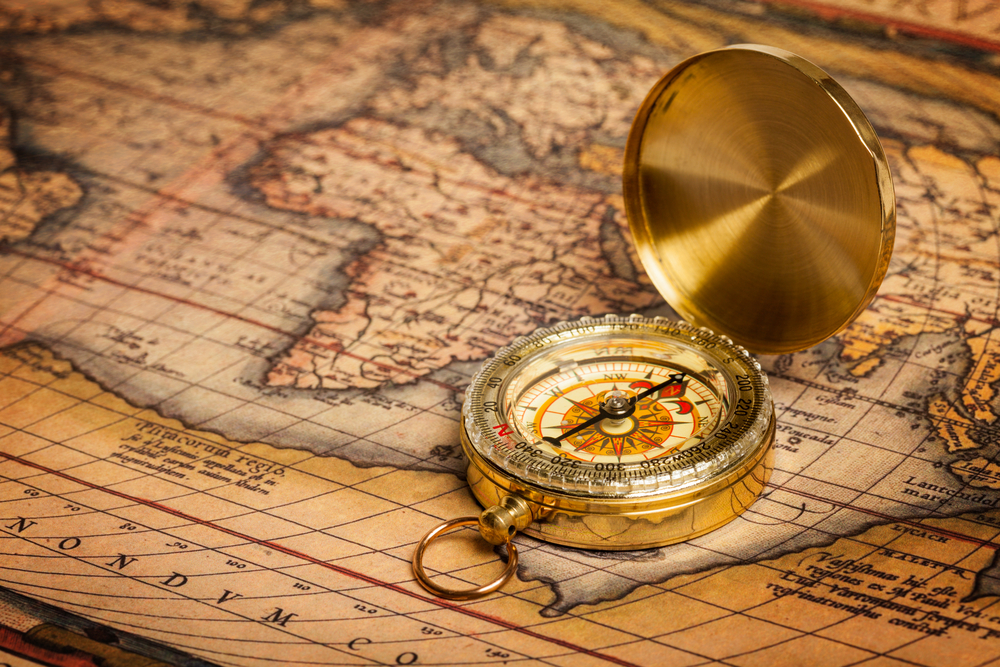

Google officials are making no secret of their desire for the world to know how much of an impact the digital mapping industry is making.
They point to the fact that it helps businesses become more efficient and highlight how the technology is assisting global economies to grow.
To do that, Google commissioned research studies from the Boston Consulting Group (BCG) and Oxera to put those contributions into perspective.
“Twenty years ago, we used paper maps and printed guides to help us navigate the world,” Brian McClendon, vice president of Google Geo, wrote in a 30 January post on the Google Maps Blog. “Today, the most advanced digital mapping technologies – satellite imagery, GPS devices, location data and of course Google Maps – are much more accessible.”
Mapping technology is undergoing a “sea change” that improves lives and makes businesses more efficient, according to McClendon.
“The transformation of the maps we use every day is driven by a growing industry that creates jobs and economic growth globally,” he wrote.
The impacts are seen in myriad places, from improving agriculture irrigation systems to helping emergency response teams save lives by getting to destinations more quickly, he wrote. Digital mapping has also helped package delivery companies to save fuel and miles by optimising delivery routes, which saved 5.3 million miles and more than 650,000 gallons of fuel in 2011 for UPS, McClendon added.
“And every 8 seconds, a user hails a taxi with Hailo, which used maps and GPS to deliver more than 1 million journeys in London alone last year,” McClendon wrote. Maps enables Zipcar to connect more than 760,000 customers to its growing fleet of cars around the world, he noted.
These kinds of efficiencies are what make the digital mapping so useful today, McClendon wrote. “Because maps are such an integral part of how we live and do business, the list of examples goes on and on,” he said.
Investing in the geo services industry is important so it continues to grow and drive the global economy, according to McClendon.
“Investments can come from the public and private sectors in many forms – product innovation, support of open data policies, more geography education programs in schools and more,” he said.
Google has been very active in the mapping marketplace with its Google Maps and Google Earth services, as well as through its Google Maps APIs, which allow creative developers around the world to find and build new uses for maps and mapping.
Often, Google Maps is at the leading edge of the digital mapping industry. On 29 January Google Maps announced that it was adding new detailed maps of North Korea through the assistance of a team of “citizen cartographers” who are detailing areas where maps have traditionally included little data and features. North Korea has long been one of the largest places that featured little available map data.
Google Maps has also been a leader in the mobile app marketplace in recent years with its stand-alone Google Maps app. In late 2012, Google lost the No. 1 spot in the US mobile app market to Facebook due largely to Google Maps being dropped from Apple’s iOS 6 operating system in September.
Do you know Google’s secrets? To find out, take our quiz.
Originally published on eWeek.
American space agency prepares for testing of Boeing's Starliner, to ensure it has two space…
As UK and Europe develop closer military ties, European Commission says it will invest €1.3…
Zuckerberg seeks to revive Facebook's original spirit, as Meta launches Facebook Friends tab, so users…
Notable development for Meta, after appeal against 2021 WhatsApp privacy fine is backed by advisor…
First sign of shake-up under new CEO Lip-Bu Tan? Three Intel board members confirm they…
Trump's nominee for SEC Chairman, Paul Atkins, has pledged a “rational, coherent, and principled approach”…